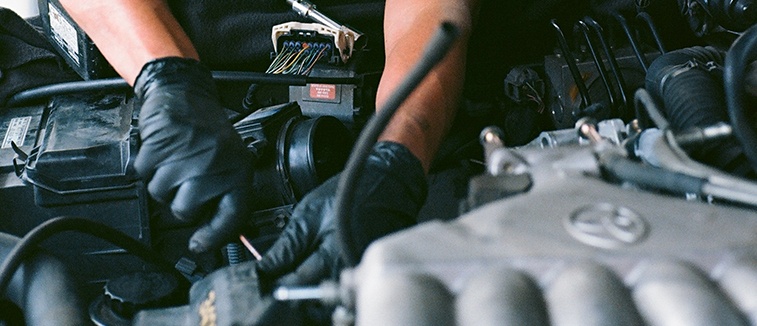
Your insurance costs can add up when you own a fleet of cars and trucks. The wrong policy can cost you big time, so it’s essential to understand what you’re paying for and why.
There are several hidden fleet car insurance costs that you can easily avoid by researching policies thoroughly before committing to one, but it’s also important to know when not to worry about it.
By knowing the ins and outs of fleet car insurance, you’ll have the power to make smart choices that save you both time and money in the long run.
Table of Contents
Type And Amount Of Coverage
A lesser-known detail about fleet car insurance is that not all types of coverage are available with every provider. It’s important to do your research and choose a provider that offers flexibility in type and amount of coverage.
Uninsured motorist coverage, for example, may be more expensive when included in a comprehensive policy than when purchased separately. And, if you’re not driving more than 25 miles from home, you might be able to save money by purchasing physical damage-only protection with your home state’s minimum liability requirements.
Claims And Credit History
We talk about claims and credit history with just about every other type of insurance—it’s no different with fleet car insurance. Just like any other auto insurance policy, fleets are less likely to insure drivers who have incurred a large number of claims or have poor credit scores.
Even if you find an insurer willing to insure you, they may charge you more for doing so. It might sound great that your past claims don’t matter, but when it comes time to renew your policy, think twice before filing multiple small claims in a short period.
Vehicle Type
Fleet car insurance varies with the vehicle type and driving history. SUVs are generally more expensive to insure than sedans because they have a higher risk of rolling over during an accident.
Older vehicles often have higher premiums because they can be a target for thieves, and you can get cheaper rates if you opt for anti-theft devices like keyless entry systems. Still, many insurers offer discounts if you’re willing to install a tracking device or deadbolts on your vehicle windows or install an alarm.
Extended Warranty Coverage
An extended warranty isn’t always a good value. If you know your car will be well-maintained, you may not need it. On top of that, if you do have issues with your car in less than three years from when you purchased it, you may find yourself paying more for repairs than what your warranty covers.
Before opting for an extended warranty, do some research on how much repair costs in your area and check with other major insurers to see what deals they offer. Many companies offer free lifetime oil changes and vehicle inspections that can lower insurance rates—and extend your car’s lifespan!
Cargo Type
If you use your car for deliveries, there’s a good chance that your insurer has slapped a hefty surcharge on it. This means that you’ll likely be paying higher rates than if you didn’t need to haul around such cargo.
An even greater impact can be seen in pick-up trucks and vans, as these vehicles are designed to carry heavier loads. If you can modify your insurance package to avoid these charges, do so; if not, ask about a company that does charge by weight.
Monthly Payment
It’s pretty common for fleet owners to hand off the responsibility of paying their insurance premiums to a third party, like a vendor or agent. In doing so, they may assume that costs are streamlined and hassle-free.
But there can be hidden charges involved in outsourcing payments. Aside from these account fees, you also run into administrative expenses by using an intermediary company.
For example, many such firms tack on an additional 2 percent onto your premium as a fee just for handling payment details on your behalf—which equates to roughly £2 per driver every month!
Fees For Electronic Checks, Paper Bills And Direct Debits
All these fees may seem fairly benign, but they can add up to a surprising cost over time. For example, if you pay your car insurance with direct debit, rather than sending in a check or paying in person at your agency’s location, you could be spending more than £100 more per year in fees.
These fees aren’t always unavoidable–you might find that banks are willing to waive them for certain clients (like fleet insurance companies). But it never hurts to ask!







